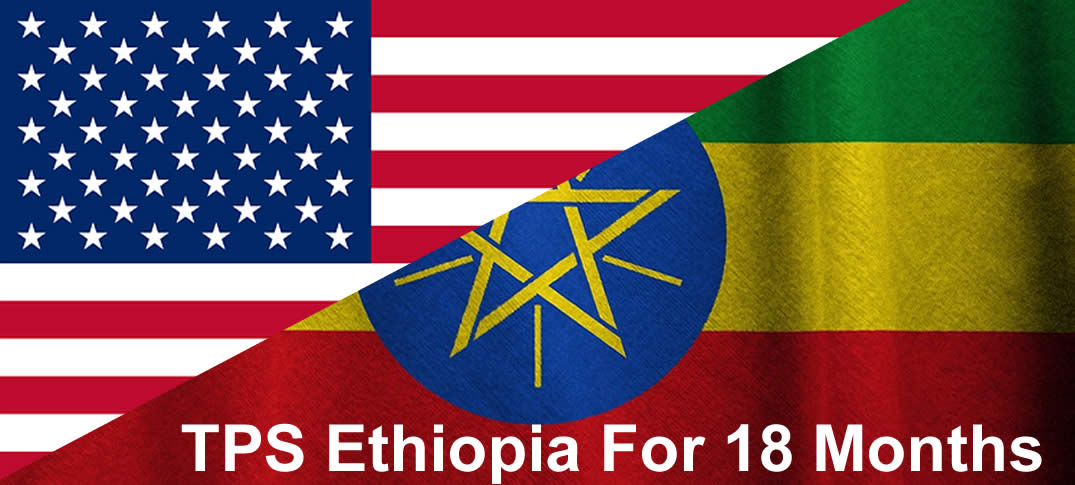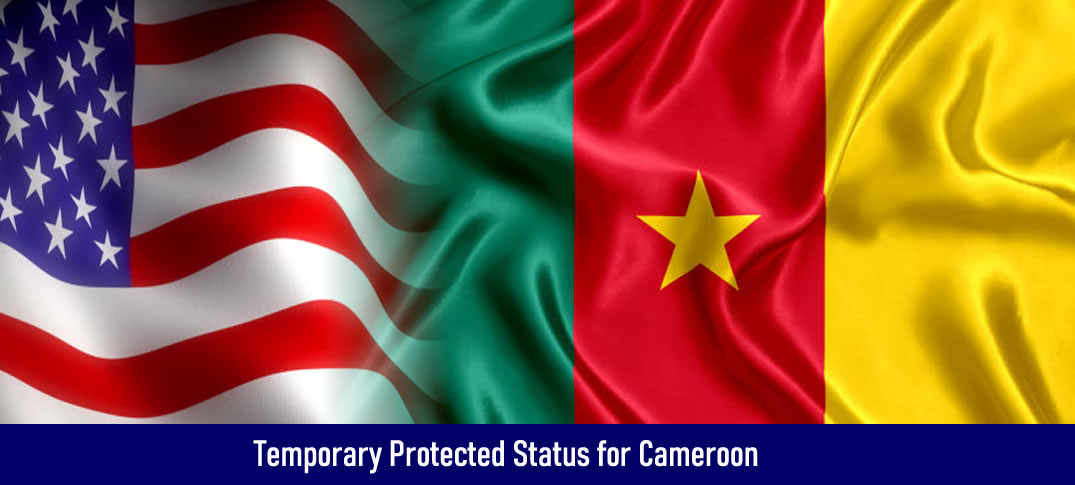The United States government, through Secretary of Homeland Security Kristi Noem, officially announced the cancellation of Temporary Protected Status (TPS) for Haitian citizens residing in the country under this immigration status. This measure will affect more than 55,000 Haitians, many of whom have lived in the United States for more than a decade. The TPS designation for Haiti expires on August 3, 2025, and the cancellation will take effect on September 2, 2025.
Why did the US cancel TPS for Haiti?
To decide whether to extend a country's Temporary Protected Status (TPS), the Secretary, in collaboration with appropriate U.S. government agencies, must review conditions in that country. This must be done at least 60 days before the current designation expires to determine whether the circumstances warranting it remain in effect and what the appropriate length of extension would be.
"The current environmental situation in Haiti has improved sufficiently to make it safe for Haitian nationals to return home. We encourage these individuals to take advantage of the resources the Department offers to return to Haiti, which they can do through the CBP Home application. Haitian nationals can apply for legal status through other immigration benefit applications, if eligible."
More information https://inmigracionyvisas.com/a6353-US-Terminates-Haiti-TPS-2025.html









